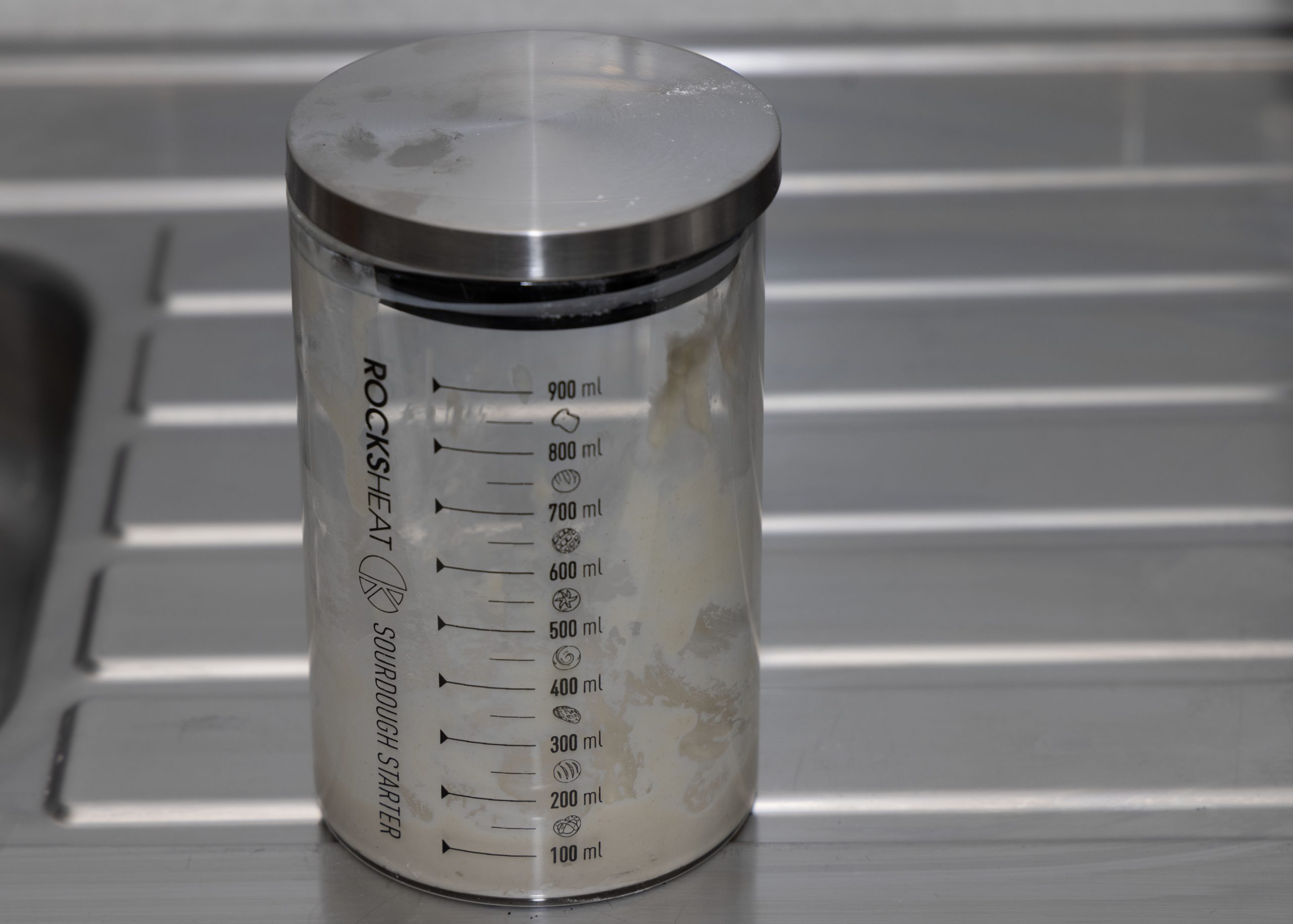A common theme that I talk about the connection between bread and the lessons life teaches us. Bread can be traced back to ancient times and it is recorded in Torah, see for example Numbers 15:19 -21. I will talk more about the Biblical connection when I do my live stream on Challah bread making 27 March 2025.
Moving on, talking about bread it is importnat to remember bread is universal. Meaning it sustains human life and sustains human civilization. Without bread, life as we know it would be alot different. Bread too, before it is baked, is a live. Yeast, feeds off of the sugar in the flour and in the dough mixture resulting in the production of carbon dioxide, CO2. The how much and how quickly the yeast produces CO2, depends on several factors like the quantity of salt in the dough mixture, the temperature of the room, temperature of the water, the amount of water, and the type of flour to name a few. These environmental factors along with other causes the bread to rise and the rising influences both taste and texture. In many ways making bread is analogous to life. It is the ingredients along with environmental factors that influence development. Sometimes, the interaction between environment and ingredients lead to unexpected results.
When I did my first pizza dough and pizza live stream, it did not turn out exactly as planned. From that experience, 2 weeks later showing resilience I once again made the dough and pizza. I did it to show, even with careful planning, much as you plan yeast breads do not always go as planned. In this situation, factors outside of my control and inaccurate measuring led to some unexpected results. Using what I learnt from my first experience, I was able to over come it.
I took that experience and started my next journey, sourdough. On 26 January 2025, I made sourdough bread. This journey was a bit different. I made a sourdough starter and it took longer than I expected to grow. I feel the reason for not growing as quick as I expected is due to the kitchen being on the cooler side, like between 68 and 72 degrees farenheit. As I stated in my video I had reservations about the float test but I did the float test. My starter floated and so, I believed, it was ready. When I baked it, the bread came out hard and did not rise as expected.
I believe there are probably three reasons for this. First, even though my starter floated, I don’t believe it was ready. Second, I used a bit of flour because the dough was extremely sticky and this may have made it more dense. I still debate this because, the dough did not feel, to me, as though too much flour was added. Instead, I come back to the starter and wonder if it did not rise as much as I thought it did. Third, the dutch oven I used was quite large and when I formed the dough it was much smaller.
Out of the three reasons, I feel there were issues with the dough rising and rising issues come back to the starter. During my live feed in just over a week, on sourdough English muffins, I have created a new starter using a different approach.
From my sourdough experience, the life lesson I learnt was patience. Sourdough takes time to grow and to make. Also, from this experience another lesson I would say prepare for the unexpected. In this experience, I thought everthing would go as planned, even though I had some initial concerns. However, after I took out the finished product, it was not what I was expecting.
So, from my two dough experiences, I have learnt patience and resilence.
When you make your own dough, what do you learn?

